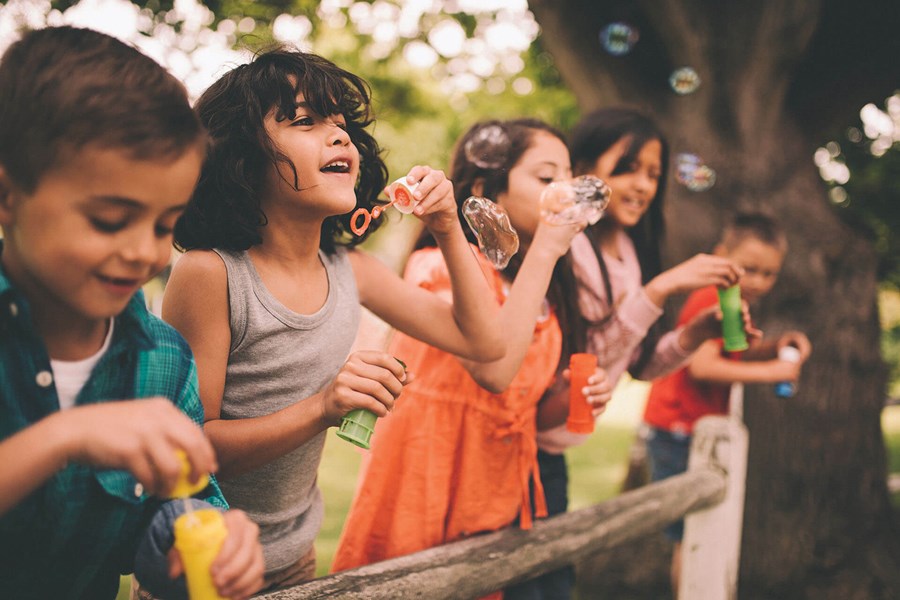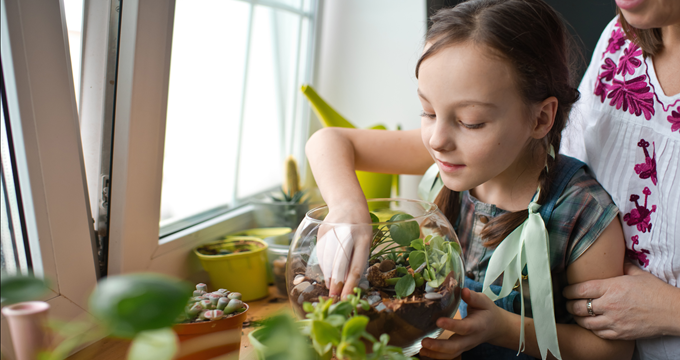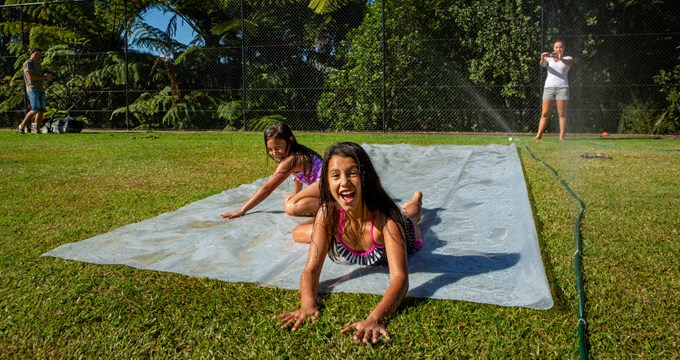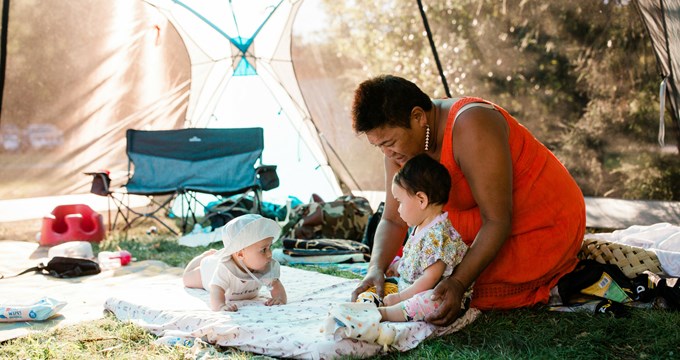by Rose Hayes
We call them best pals because they know us best – our good points, our bad points and all the bits in between. Good friends can support us through tough times, laugh through the good times, and just be there whenever we need them – even just for a catch up.
We all know the benefits of such friendships. But did you know they’re also really good for your health and wellbeing, and might actually help you live longer?
Friendships that last forever
“When you think about it, your friendships are long-term adventures, and therefore, perhaps the most significant thing you can do to add more years to your life, and life to your years,” says Dan Buettner, National Geographic Fellow and best-selling author of The Blue Zones Solution. In his research on longevity, Buettner identified five places around the world – or “Blue Zones” as he calls them – where people live remarkably long lives:
- Ikaria, Greece
- Barbagia region of Sardinia
- Nicoya Peninsula, Costa Rica
- Seventh Day Adventists in Loma Linda, California
- Okinawa, Japan
In these Blue Zones people are 10 times more likely to make it to 100 years old than the average person. One common thread in these zones is the importance of finding – and strengthening – the bonds of friendship.
In fact, people in the Blue Zone of Okinawa, Japan, become members of small groups called “moais” as young children. Each moai is made up of five people who often stay together and have each other’s backs for life. Even if life changes and the members of your moai change over time, you can still depend on your group for emotional and financial support during tough times.
But why does it work?
Members of moais tend to share similar healthy habits. If you think about it, it makes perfect sense. Surround yourself with a friendship group that’s all about sharing bad habits (smoking, drinking too much, negative outlooks etc.) and chances are you’ll develop those behaviours too.
Conversely, though, the opposite is true! That’s important because health habits are contagious. So if you collectively eat well, encourage each other to stay healthy, and support each other through friendships – as a group, you’ll all benefit.
The moai custom is one reason why longevity experts believe that Okinawans have one-fifth the rate of heart disease compared to Westerners. They also have drastically lower rates of breast cancer, prostate cancer and dementia.
Where’s your Blue Zone?
Where you live can play a role in deciding the number and quality of friends you’re able to make. If you live in an isolated region, or even if you’re in a neighbourhood that has few places for communal catch-ups, you might need to make an extra effort to search out good company. That’s why the healthiest communities are ones that have vibrant and safe outdoor spaces where people can play, meet, and exercise, according to the Gallup-Sharecare Well-Being Index.
So vote, volunteer and encourage your local leaders to protect the outdoor spaces in your town. Speak up for housing diversity as well: a neighbourhood that includes people of all ages, backgrounds and income levels creates strong and exciting social networks and allows everyone to prosper.
Friends for life
The good news is, no matter where you live, there are some simple but powerful steps you can take to strengthen your friendships right away. These include:
- Calling old friends: Life never stands still, and sometimes that means we lose touch with old friends. But it’s never too late to reach out and contact someone you care about. Texting, emailing, calling and video chats are all great ways to enjoy meaningful social interaction – even if you live far away. Set aside some time each month to catch up; it’s good for your health and you never know how much it could mean for the people you reach out to.
- Celebrating the good stuff: When someone shares amazing news, celebrate it with them. Rather than an automatic ‘I’m so happy for you’ response, answer with enthusiasm, ask follow-up questions and let them feel your excitement and encouragement.
- Remembering to forgive: Friendship requires honesty and vulnerability in equal measure. And if they’re true friends, forgiveness counts. Chances are you’ll need to ask for forgiveness and forgive the other person at some point in your relationship. Those conversations can be tough, but don’t let a good friendship slip away because you’re afraid of speaking your mind.
- Lending an ear: When a friend’s having a tough time, don’t criticise, offer ‘advice’, or assume you know what they’re going through. One of the best things you can do is just listen and be there for them as a support. Sometimes silence and a hug is the best help you can give.
Like any relationship, your friendships need a little time and effort to grow. But the benefits are clear – friends really are good for you!
Sources: Sharecare Editorial Team
Last Reviewed: April 2020




